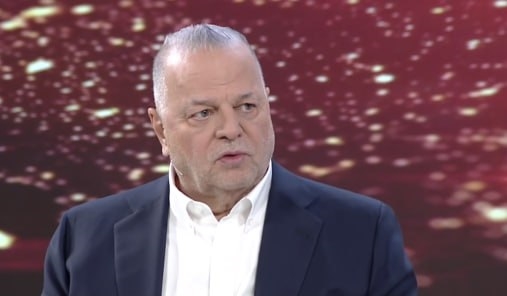Mytilineos group chairman and CEO Evangelos Mytilineos on Tuesday announced a landmark agreement for the construction of a high-voltage subsea “superhighway” linked with UK grids, speaking at the first day of the OT Forum in Athens.
The head of the major Greece-based industrial concern said the 2-GW project was the biggest project undertaken outside the country by Mytilineos group, worth 2.5 billion pounds, of which Mytilineos and GE Vernova have assumed a contract worth one billion pounds.
The subsea cable is expected to connect northern England with Scotland. The two developers are the National Grid Electricity Transmission (NGET) and SP Transmission, part of SP Energy Networks (SPEN). The project is billed as the UK’s first high-capacity east coast subsea link, or Eastern Green Link 1.
According to energy sector websites, the Greek company will be in charge of the engineering, procurement and construction of civil works, and installation of all equipment.
In response to press questions by Ot.gr reporters, Mytilineos said 70 to 80 percent of the ATHEX-listed group’s sales now come from overseas projects.
In terms of the general economic and geopolitical situation in Greece and the wider region, Mytilineos called last week’s visit to the country by Turkish leader Recep Tayyip Erdogan as “very successful…something that cannot be disputed, except for certain professional nationalists.”
At the same time, he opined that neighboring Turkey is evolving as a major regional power, with Ankara playing a greater role.
In reference to prospects for 2024, he cited the milestones of a very significant national election in the United States, the European Parliament election and two raging conflicts, one in Ukraine and the other being the Israel-Hamas war.
Turning specifically to Europe, he said the continent is plagued by the specter of expensive energy.
“It (Europe) cannot compete with either the US, which has cheap energy, or China, which has abundant coal. In Europe we’re responsible 8 percent of emissions worldwide, and we consider that this is our own problem. We’re attempting to halve the 8 percent to 4 percent, which means strangulating (European) industry,” he added, in taking a snipe at Brussels.



